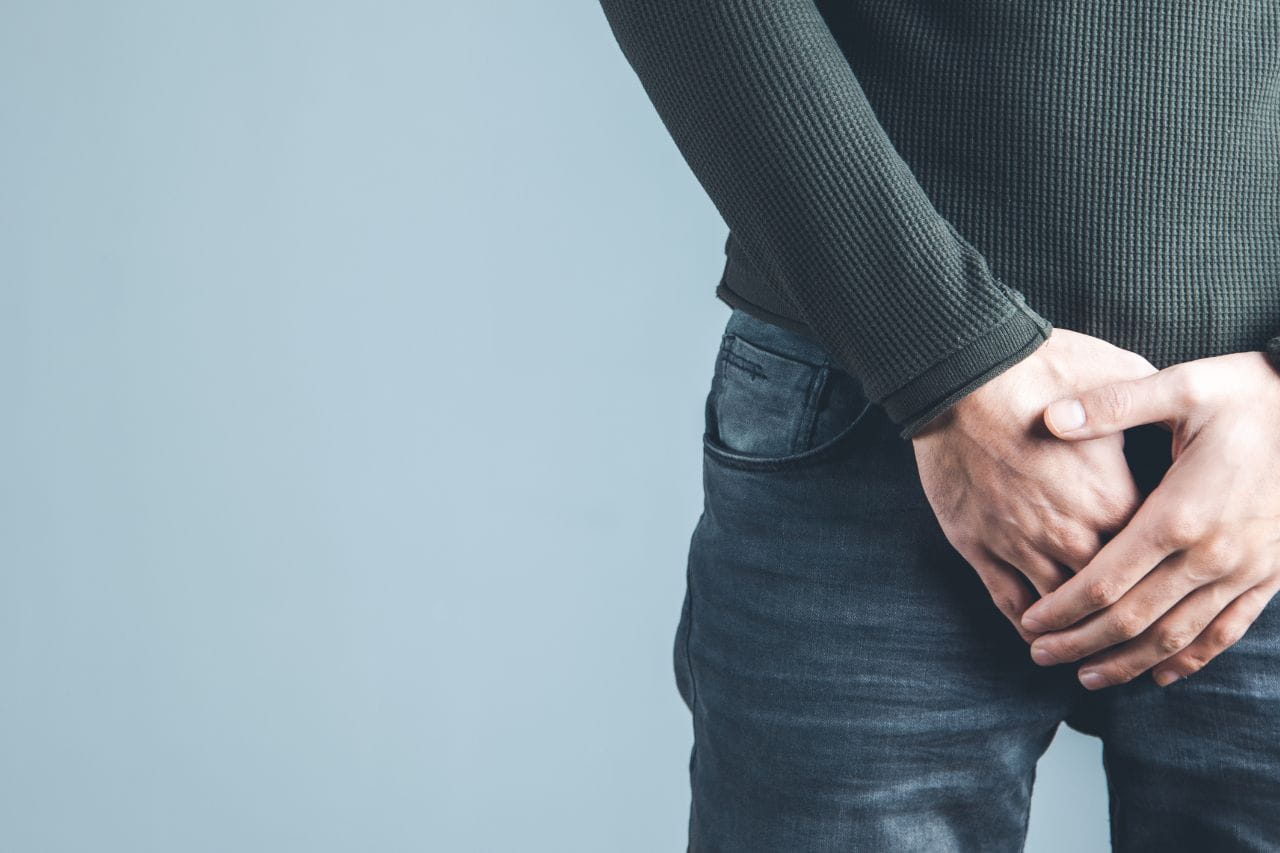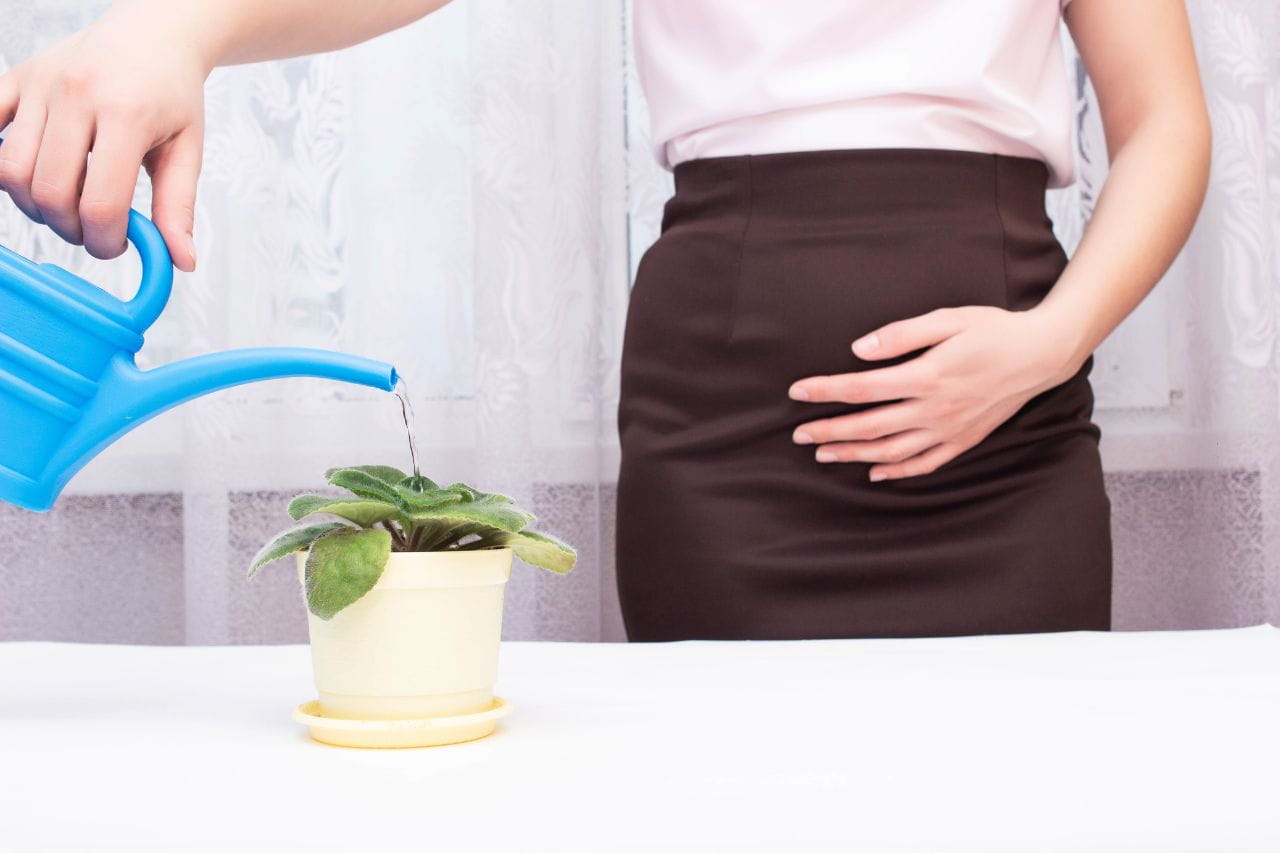Overflow Incontinence

Overflow incontinence is a condition in which the bladder doesn’t empty fully, causing the leaking of urine. It’s one of several forms of urinary incontinence, including stress incontinence, reflex incontinence, urge incontinence (overactive bladder), functional incontinence, and mixed incontinence.
The condition can take a physical and psychological toll. People with overflow incontinence may be interrupted from their daily activities frequently by the urge to urinate but then only produce a small amount. They may also feel anxious about potential leaks and embarrassed when they occur.
This article explains what causes overflow incontinence, how you can minimize it, and how doctors treat it.
In addition, they may order tests to get more information about your condition, including:
If these practices don’t provide sufficient symptom relief, there are treatments that can help.
They can diagnose your condition and recommend treatment to help reduce or eliminate leaks. They may also refer you to a urologist for specialized care.
The condition can take a physical and psychological toll. People with overflow incontinence may be interrupted from their daily activities frequently by the urge to urinate but then only produce a small amount. They may also feel anxious about potential leaks and embarrassed when they occur.
This article explains what causes overflow incontinence, how you can minimize it, and how doctors treat it.
Causes of Overflow Incontinence
Men and women can have overflow incontinence, but it’s more common in men. Generally speaking, urinary retention (and an over-full bladder) causes overflow incontinence.
Various conditions can cause urinary retention, including:
- Benign prostatic hyperplasia (BPH, a non-cancerous swelling of the prostate gland)
- Prostate cancer
- Blockage of the bladder (a bladder outlet obstruction, for example) or urethra (which carries urine out of the body) that prevents the bladder from emptying completely
- Weakened bladder muscles
- Prolapse of a woman’s bladder or uterus
- Damage to nerves associated with the bladder
- High urine volume caused by diabetes, taking specific medications, and other causes
- Previous pelvic surgery
How Is Overflow Incontinence Diagnosed?
If your doctor suspects you may be experiencing overflow incontinence, they’ll perform a physical exam. This may include a rectal prostate exam or pelvic exam, depending on your gender. They might also ask you to keep a journal about how much fluid you consume, how often you urinate, and how often you experience leaks for 2 or 3 days.In addition, they may order tests to get more information about your condition, including:
- Urinalysis to check for blood in your urine or a urinary tract infection (UTI)
- Cystoscopy for viewing the inside of your urinary tract
- Abdominal ultrasound to check the condition of your bladder, kidneys, and nearby organs
- Urodynamic testing to determine how well you hold and release urine
- Voiding cystogram to view your bladder as it fills and empties
Overflow Incontinence Management
Some people can manage their overflow incontinence symptoms by learning certain practices. These include pelvic floor exercises (Kegels) to strengthen muscles that support the bladder, bladder training where they use the bathroom at set intervals even if they don’t feel like they need to urinate, and double voiding or trying to urinate again after finishing.If these practices don’t provide sufficient symptom relief, there are treatments that can help.
Overflow Incontinence Treatment
Doctors treat overflow incontinence in several ways, including:
- Medications to address an enlarged prostate or problems with bladder neck muscles
- Nerve stimulation to strengthen the bladder muscles
- Self-catheterization in which the patient inserts a thin tube into their urethra to their bladder to drain it
- Indwelling catheterization, where a permanent tube empties urine into a bag outside the body
- Suprapubic catheter that goes through the abdominal wall and into the bladder rather than through the urethra
- Interventional therapies like injections of synthetic material in the tissue around the urethra to help keep it closed
There are also absorbent adult undergarments that can help prevent visible leaks and odors.
Get Help with Overflow Incontinence From Baptist Health
Overflow incontinence can be a frustrating and embarrassing condition. In some cases, it leads to anxiety, depression, and isolation. That’s why it’s essential to talk with your Baptist Health primary care doctor if you experience urine leakage.They can diagnose your condition and recommend treatment to help reduce or eliminate leaks. They may also refer you to a urologist for specialized care.



